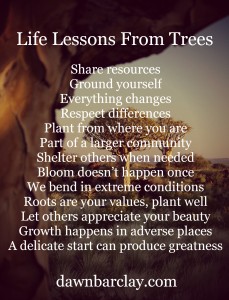By now you should have a clear, specific, detailed bee-u-tiful plan for achieving your goals.
You should know exactly what you want, have a solid idea of the smaller components that make up your larger goal, have a list of specific action steps to take, and a general expectation about both the completion of your activities and the culmination of your goal.
You’ve even done your homework and formed alternate plans so you won’t get sidetracked if something goes wrong.
How could you fail with a plan like this?
You couldn’t . . . unless your own thoughts begin to work against you.
There are three key things to keep in mind if you want to stay focused and motivated.
Commit to your goal
Commit to keep working toward what you want no matter how challenging it may seem at times.
Commit to ignore your inner critic (or actual criticism from people in your life) and push on, in spite of any negative comments.
Commit to yourself that you won’t give up, no matter what obstacles you encounter.
Without this level of commitment, you will find it very easy to slack off, get distracted, or give up altogether.
Take action
The most detailed and effective plan is worthless if you never put it into action.
Make a promise to yourself that you will take action immediately and consistently, despite any feelings of fear or hesitation.
Remember that your results are dependent upon the intensity and frequency of your actions. If you want big results, take big actions. If you don’t mind smaller results while you’re building up your confidence, then start with smaller actions. But ACT.
Let go
Accept that you aren’t always going to have complete control of external events and circumstances.
Let go of the ‘instant’ mentality, some things do take time, that’s life.
Let go of forcing things to happen, focus on the action, follow your plan and keep your eyes open. You may want to change a goal, or set of in a different direction. That’s fine too.
Let go of comparing yourself to others, admire is fine, aspire is sure way to lose you!
Let go of perfectionism. Focus on your own efforts, rather than the ‘life’ of others.
Let go of control, take action.



